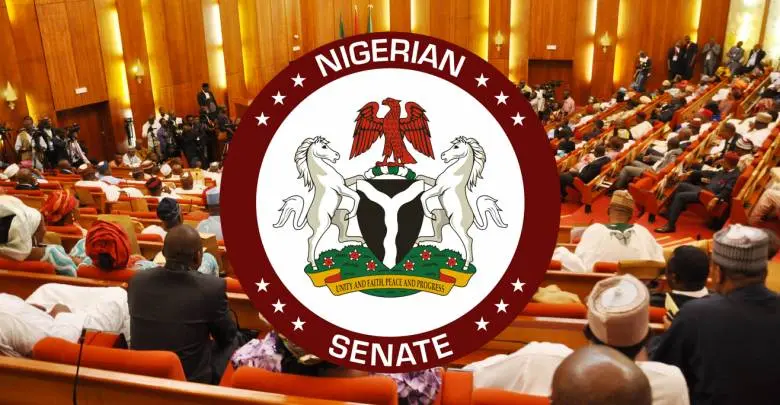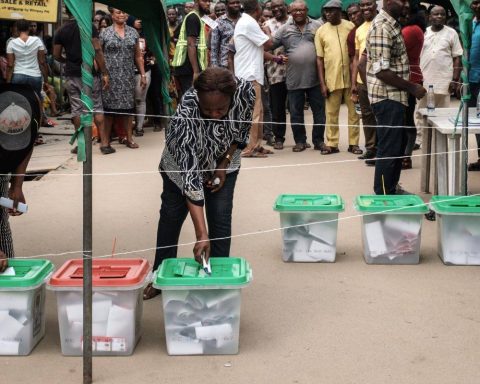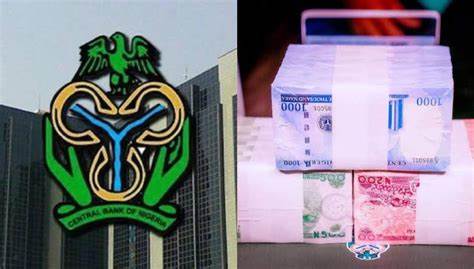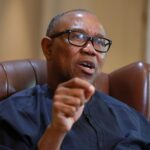Amid the clamor and consternation surrounding the purported N3.7 trillion budget padding by senators, a startling revelation has emerged, shedding light on Nigeria’s expenditure of N2 trillion on constituency projects since 2003.
This financial revelation has brought the controversial practice of budget padding under intense scrutiny once again.
Join our WhatsApp ChannelConstituency projects, initiated 21 years ago, were ostensibly intended to foster grassroots development, allowing lawmakers to allocate funds for projects in their respective areas. However, recent revelations suggest a different reality, one fraught with mismanagement and alleged corruption.
According to reports, an annual allocation of between N95 billion and N100 billion is designated for these projects, shared among the 469 members of the National Assembly. The funds are intended for projects aimed at improving local infrastructure and amenities.
Yet, investigations have uncovered a disconcerting pattern of projects either not commencing, abandoned midway, or failing to materialize altogether. The allocation and execution of these projects have raised serious questions about accountability and transparency within Nigeria’s legislative processes.
READ ALSO: Budget Padding: SERAP Urge Akpabio To Reinstate Suspended Senator Abdul Ningi
Senator Jarigbe Agom Jarigbe, speaking on the Senate floor amidst the budget padding allegations, disclosed that senior senators received as much as N500 million each for constituency projects in the 2024 budget, while others received varying amounts, including N250 million.
Former Presidents Olusegun Obasanjo and Muhammadu Buhari have both criticized the allocation of funds for constituency projects, labeling it as a conduit for corruption and questioning its impact on ordinary citizens.
The Independent Corrupt Practices and Other Related Offences Commission (ICPC) has issued reports detailing various infractions related to constituency projects. These include instances of fund diversion, contract awarding to lawmakers or their proxies, and projects being executed in inappropriate locations.
Furthermore, the ICPC report highlights instances where projects were awarded to companies owned by lawmakers’ relatives or associates, with funds sometimes being channeled into personal bank accounts.
The ICPC’s findings underscore systemic issues within Nigeria’s governance framework, signaling a dire need for comprehensive reforms to ensure the effective and accountable utilization of public funds.
As Nigeria grapples with these revelations, calls for increased transparency and oversight in budgetary allocations have grown louder. The mismanagement of constituency project funds not only undermines the trust of citizens but also hampers efforts towards sustainable development and equitable growth.
Emmanuel Ochayi is a journalist. He is a graduate of the University of Lagos, School of first choice and the nations pride. Emmanuel is keen on exploring writing angles in different areas, including Business, climate change, politics, Education, and others.


















Follow Us